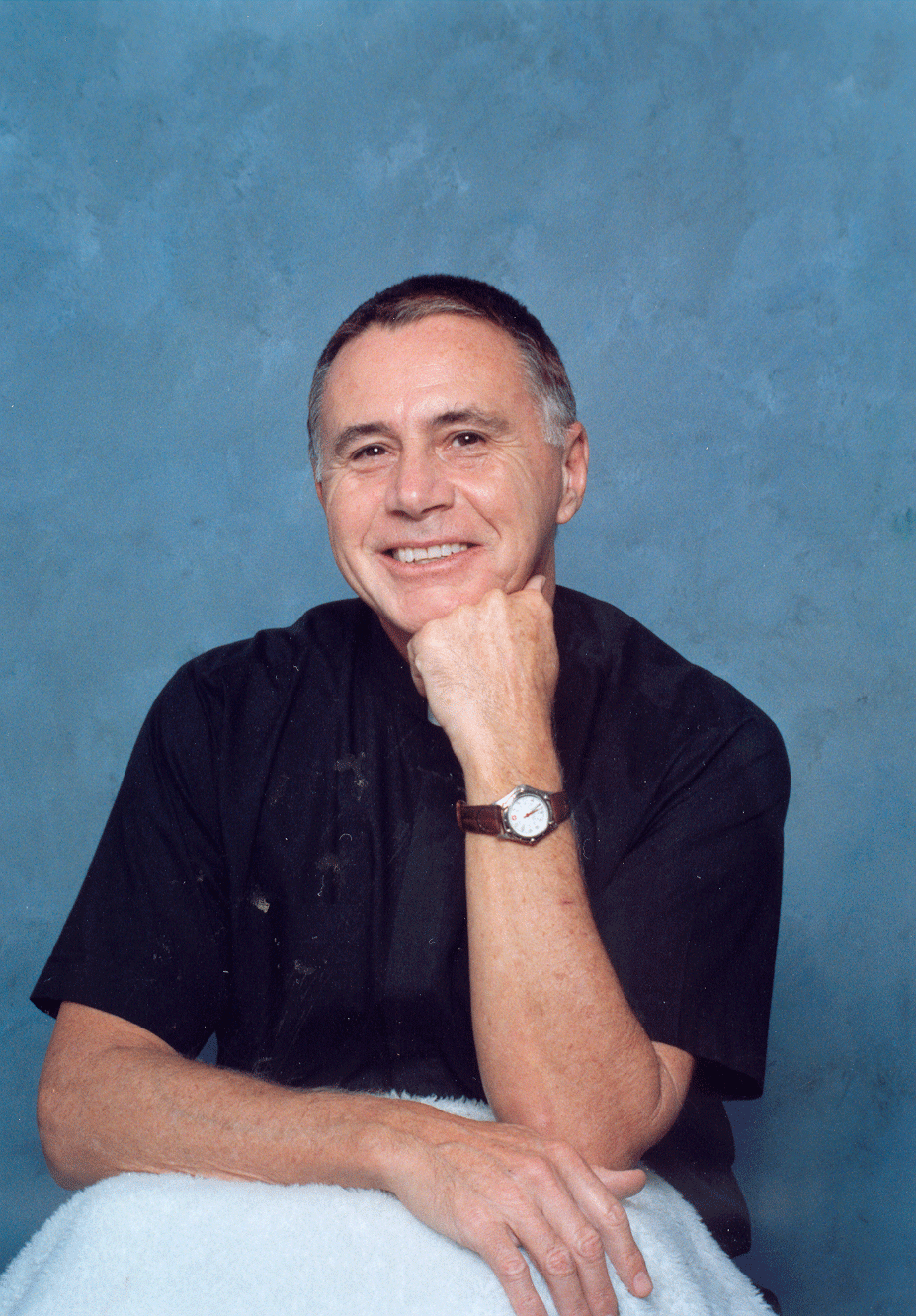March 10, 2013
The story of the man born blind is a one-act play in six scenes with a huge cast of characters as biblical stories go:
disciples, neighbors, Pharisees, parents, Jesus and
the man himself.
These last two people are the only so-called sinners
in the show--
Jesus because he broke the Sabbath and the man because
he was born blind.
They are also the two who make everything else happen,
while the others stand around asking questions.
If there were auditions for this play, I expect most
of us would go after the part of the blind man.
It's a hard part, but a great part.
There he is just minding his own tin-cup business when
the light of the world comes along and opens his eyes, shoving him into the
spotlight where people stand in line to question him.
.
How were your eyes opened?
Where is the man who did it?
How could he do that?
What did he do to you?
How did he open your eyes?
What do you say about him, since he opened your eyes?
Not one living soul says, "Alleluia!" or
"Thank God!"
No one asks him what it is like to see for the first
time or whether the light hurts his eyes.
All they want to know is how, who, where and what.
Furthermore, the man is on his own under this barrage.
Jesus healed him and then disappeared, leaving him on
stage all alone.
Like any of us who live between Christ's coming and
his coming again, the man has to make his own sense out of what has happened to
him and decide what he will say about it, in the face of enormous opposition.
His answers are timid one-liners at first.
"I am the man," he says. "I do not
know."
"He put clay on my eyes, and I washed, and I
see."
But as the questions go on and even his own parents
back quietly into the wings, the man grows both in eloquence and in courage,
finally answering the Pharisees so sharply that they throw him out of the
congregation.
"Why, this is a marvel!" he says to them,
suddenly saucy. "You do not know where he comes from, and yet he opened my
eyes.... If this man were not from God, he could do nothing."
He has come a long way.
At the beginning of the story he called Jesus a man,
then a prophet, now a man come from God.
It is almost as if his vision has kept on improving,
so that he sees more and more clearly who has given him his sight…
Meanwhile, his inquisitors keep colliding in the dark.
As far as they are concerned, what has happened to the
man is nothing compared to what it might mean,
and that is their job: to decide whether or not this
healing constitutes an authentic act of God.
One reason they are so repellent to us, I think, is
because they remind us of ourselves.
However much we prefer the role of the blind man, we
are not naturals for the part.
We are not outcasts, most of us.
We have not been set outside the community for our
sins.
We are consummate insiders--fully initiated, law-abiding,
pledge-paying, creed-saying members of the congregation of the faithful--
or in shorthand, Pharisees, who can work up our own
anxiety about whether or not a mighty act should be ascribed to God.
There are a lot of astounding things that happen in the
world that may not have anything to do with the power of God.
They may have to do only with the power of the human
imagination, or the power of suggestion, or worse yet, with the power of
outright deception.
What if something is not God and we believe that it
is?
The story of the man born blind suggests that there is
another question at least as important as that one.
Not "What if it is not God and I believe that it
is?"
but "What if it is God and I believe that it is
not?"
That is the one question the Pharisees forgot to ask.
They were so sure of everything--that God did not work
on Sundays, that Moses was God's only spokesman,
that anyone born blind had to be a sinner and ditto
for anyone who broke the Sabbath,
that God did not work through sinners,
that God did not work on sinners and that furthermore
no one could teach them anything.
Their system was a closed one and it worked.
It closed Jesus out and it closed them in--not in
outer darkness this time, but in inner darkness--because they let their fear of
being wrong keep them from being in the light.
The formerly blind man, meanwhile, was looking right
at it.
"Lord, I believe," he said when he laid
eye's on Jesus at last.
And he worshiped him.
Every time this drama repeats itself in our own time,
we get to try out for a different part.
We may even get to add one:
the dazzled witness who says, "Praise God, will
you look at that!" while everyone else is playing 20 questions.
Because wonder, not suspicion, is the beginning of
worship, and seeing is believing only if we are willing to believe.


No comments:
Post a Comment
Add